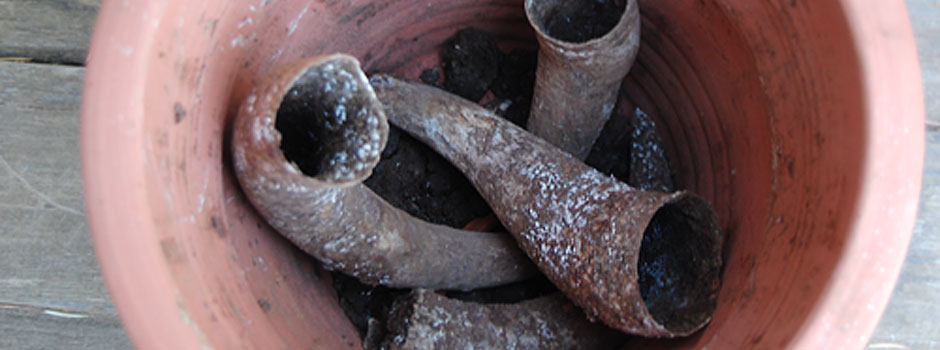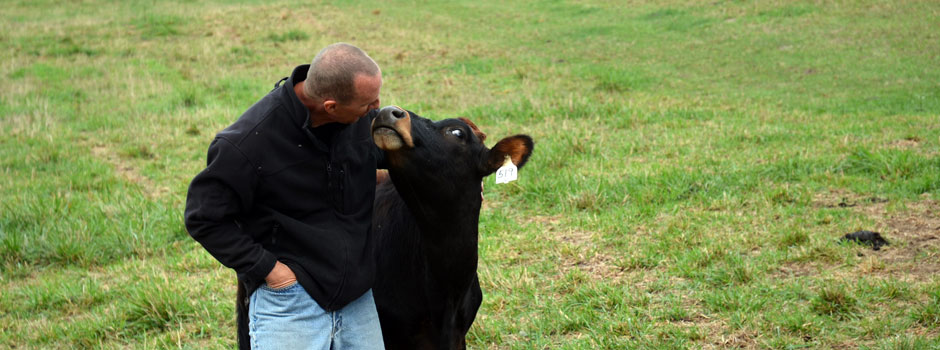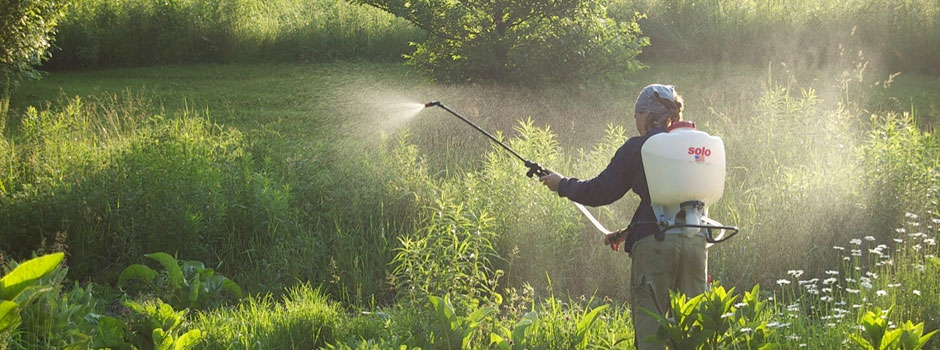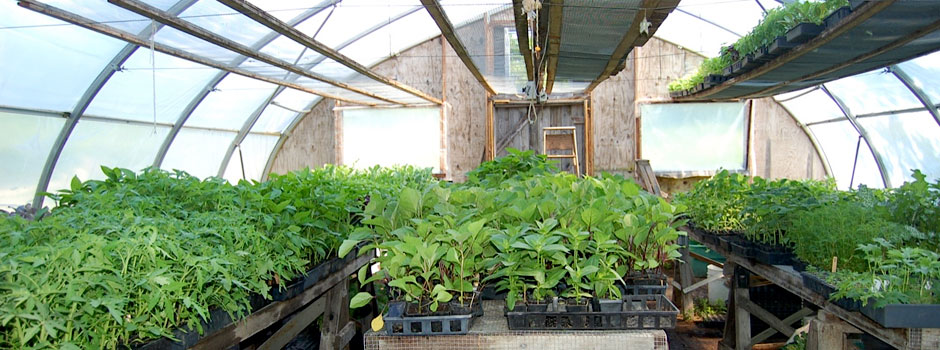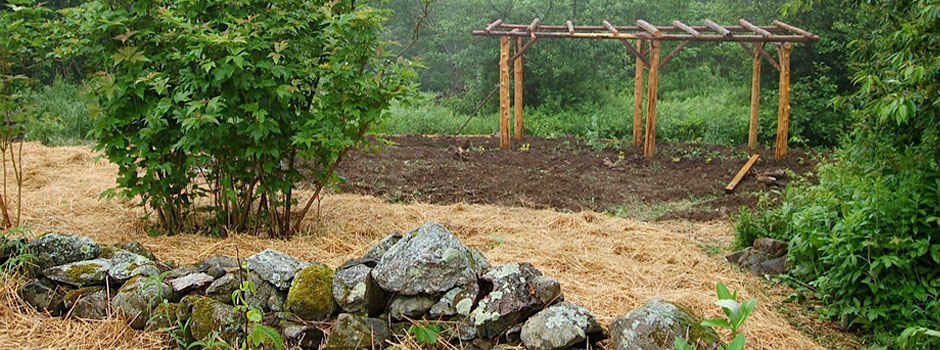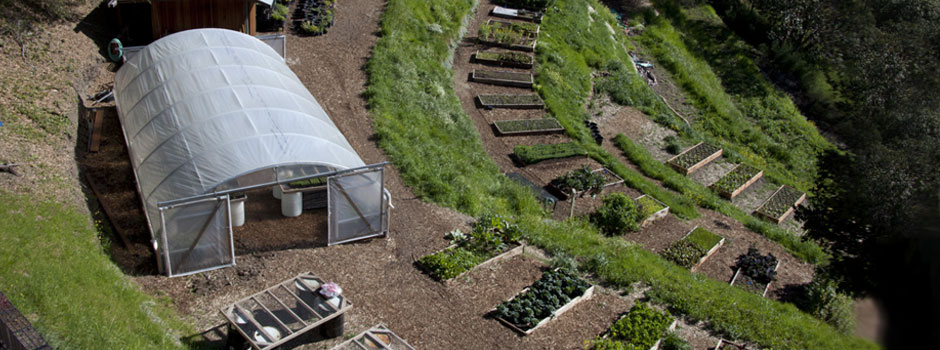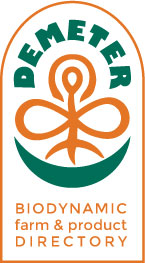“Healing people and the planet through agriculture”
Ask Jim - Archives
A farmer-to-farmer blog with Biodynamic farmer Jim Fullmer.Â
I'll initiate this conversation by noting a principle that I think is critical in the modern day and fundamental to the Demeter Standards. The focus of agriculture today needs to be not only maintenance but also regeneration- something that really only comes to fruition out of the realm of life/biology and beyond. It’s not a physical/ mechanical phenomenon beyond the fact that this is how it unfolds in time and space- as matter that decays to carry on new life. I realize this may sound simplistic and primal, and, in fact, it is – which is pretty much the point.
The focus of the Demeter Biodynamic® Farm Standard is on the generation of farm inputs out of the living dynamics of the farm itself rather than importing them from outside. Whether it be fertility, pest control, water, livestock feed, or seed, this is the resounding theme throughout.
This necessitates a system that is focused on the living elements of the system- not just the mineral, physical elements- and farm management decisions are made from this point of view. Such a view, by nature, is holistic.
The more dependent a farm, and those that it feeds, becomes on inputs extracted from outside the farming system itself, the less sovereignty we have when it comes to the food we eat and the environment we live in. The process of extracting and moving around farm inputs, organic or synthetic, can cause serious environmental degradation and related energy consumption and with these inputs can come a myriad of contaminants that have no benefit to the food chain.
Perhaps the best current illustration we have of our sovereignty threatened is with the genetics literally behind the food that the Earth provides.
SEED- concentrated food yet to unfold.
Based on the relationship of seed to the celestial and the earthly processes photosynthesis follows and from there comes everything that lives, breathes and dies. For millennia farmers have saved and developed their own seed and maintained local sovereignty in doing so. There is significant food security inherent to this practice: should the world's food supply be reduced genetically to only genes that are patented – and which a farmer cannot develop, save and plant- the world's food supply becomes dependent on only those who own these genes and the quality of the genetics those seeds bring forth.
As vast majorities of the world's commodity crops become based on genetics not developed to permit the regeneration and development by the farmer, such as GMO’s, so does the ability of the farmer to grow, save and develop their own seeds lessen. As farmers stop growing and developing their own seed, the diversity of the gene pool providing us food also diminishes. It does not take much observation to see that Nature succeeds from, and in fact is truly efficient based on, diversity, not the other way around.
“Whole-farm analyses have shown that biodynamic farms can be environmentally and economically sustainable. Among the biodynamic preparations… various preparations have been shown to speed composting, cause hormone-like effects in plant growth, and stimulate plant immune response. ”
Lynne Carpenter-Boggs, Ph.D. Washington State University
Previous Articles
